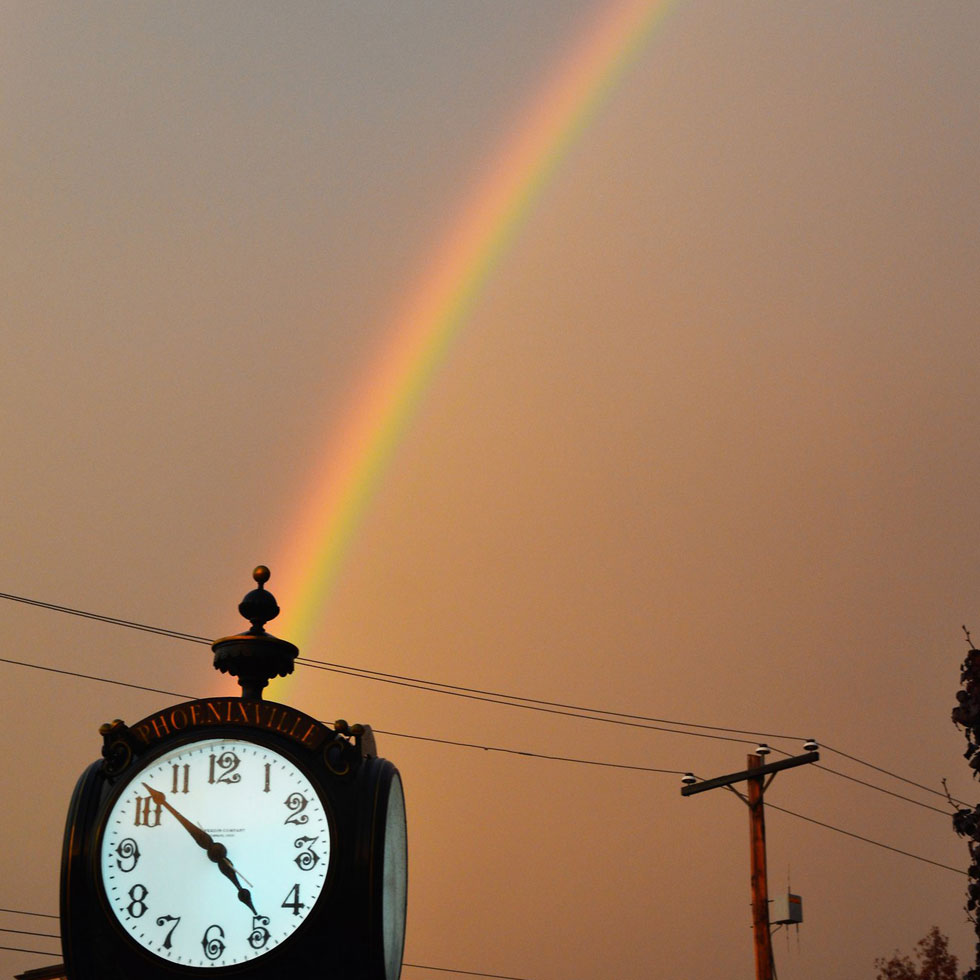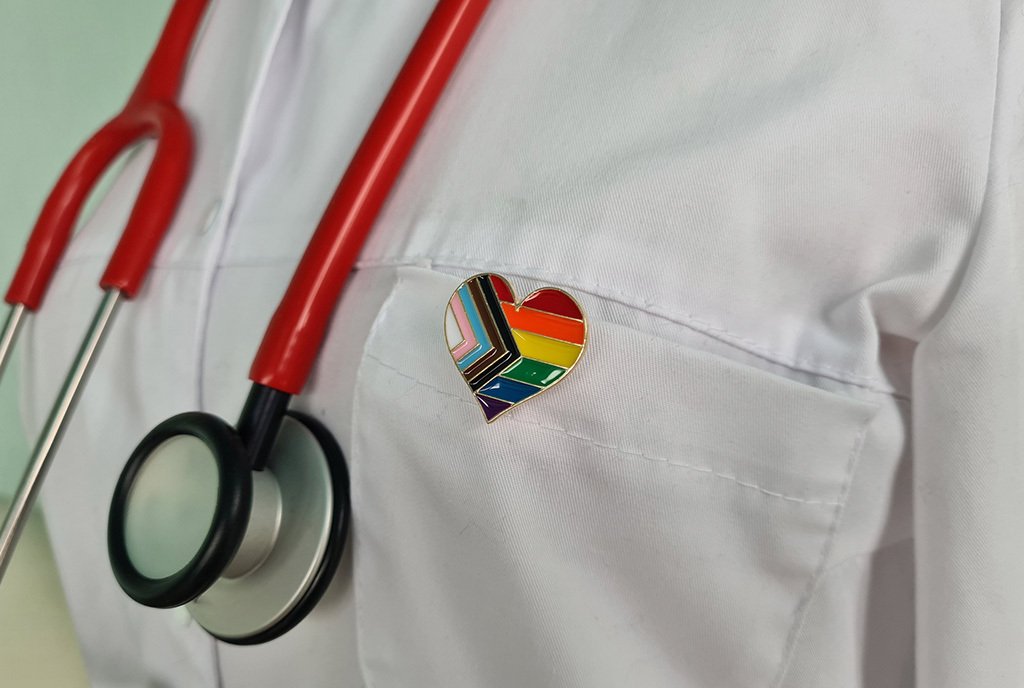
The first openly LGBTQ politician to win public office was not Harvey Milk, as most people believe, it was a 21-year-old lesbian student activist, Kathy Kozachenko, who was elected to the Ann Arbor City Council on April 2, 1974. Forty-six years later, the number of openly LGBTQ elected officials has grown to 843 as of June, according to the Victory Institute. The latest election has now added significant victories in both blue and red states; here’s just a few of them:
- The first openly gay Black officials, Ritchie Torres and Mondaire Jones, were elected to represent New York in the US House of Representatives. Their victories add two more members to the seven incumbents, who all won their races.
- Democrat Sarah McBride also made history as the first openly transgender state senator in the country from Delaware. She won her race with over 70 percent of the vote.
- Another openly transgender candidate to make waves was Jill Rose Quinn, as elected judge to the Cook County court in Illinois. The total number of judgeships now amounts to 111, with the greatest number in Texas with 13 openly LGBTQ judges on the bench.
- Mauree Turner, a Black Muslim, became the nation’s first openly nonbinary lawmaker to be elected to a state legislature when she won District 88 in Oklahoma.
- In Kansas, Stephanie Byers of the Chickasaw Nation became the first openly trans Native American who won a state house seat.
- In Hawaii, 28-year-old Adrian Tam became the first openly gay Asian American representative, overcoming a candidate that was a leader of the local far-right Proud Boys with 64 percent of the vote. Tam told NBC News that throughout his candidacy he faced overwhelming harassment from his opponent’s campaign and supporters.
“Over the past year, LGBTQ elected officials have been on the frontlines—leading efforts to end racism, blocking bills targeting the trans community and passing legislation that moves equality forward for our community. Allies are important, but LGBTQ representation in the halls of power is critical to the success of our movement,” said Ruben Gonzales, Vice President of LGBTQ Victory Institute, in a statement.
Sign up for our free newsletters
Subscribe to NPQ's newsletters to have our top stories delivered directly to your inbox.
By signing up, you agree to our privacy policy and terms of use, and to receive messages from NPQ and our partners.
The democracy organization dedicated to LGBTQ issues nationally and internationally has just released a call to President-elect Biden to appoint “at least one out LGBTQ person to a Senate-confirmed Cabinet position” and has a list of recommendations for different posts in the transition team, as ambassadors, and for the US Supreme Court.
The political power of the LGBTQ movement since Kozachenko took that first step in 1974 is truly an inspiration.—Sofia Jarrin













